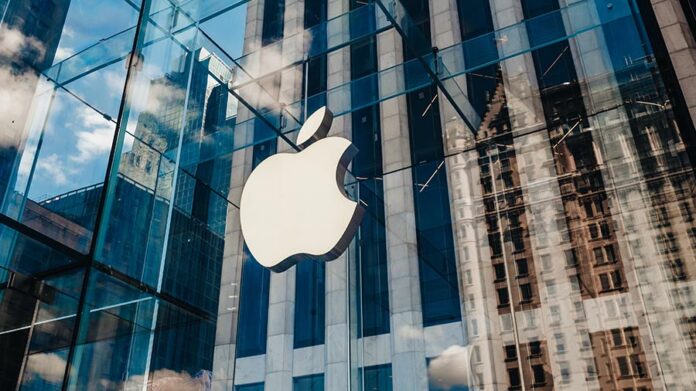Apple plans a $1 billion investment in Indonesia to meet the 40% local content requirement, addressing the iPhone 16 sales ban and strengthening its presence in Southeast Asia’s largest economy.
Apple’s Strategic Investment in Indonesia
Apple plans to invest $1 billion in Indonesia, emphasizing expanding in Southeast Asia’s largest economy. This decision is a response to Indonesia’s Tingkat Komponen Dalam Negeri (TKDN) policy, which mandates a 40% local content requirement for smartphones. The iPhone 16 faced a sales ban due to non-compliance, highlighting the need for Apple to align its operations with local regulations to maintain market access.
Navigating Local Compliance and Market Dynamics
The TKDN policy aims to boost domestic manufacturing and attract foreign investment by requiring companies to source at least 40% of smartphone components locally. Apple, which dominates the premium smartphone market in Indonesia, plans to establish a manufacturing plant to produce components meeting these regulations. This investment not only seeks to lift the iPhone 16 ban but also strengthens Apple’s market presence and aligns with Indonesia’s economic goals.
Apple’s recent $1 billion investment in Indonesia marks a significant milestone for the tech giant as it seeks to expand its presence in Southeast Asia. The company, known for its innovative products and global influence, aims to strengthen its foothold in this rapidly growing market by establishing local facilities and enhancing its retail infrastructure. This strategic move is not only about capital infusion but also navigating the complex landscape of local compliance and regulatory frameworks.
Indonesia, with its sprawling archipelago and a population of over 270 million, offers vast opportunities but also presents unique challenges. For Apple, ensuring compliance with local regulations is crucial. Indonesia has been emphasizing the importance of domestic investment and manufacturing, specifically with its initiatives to bolster local industries and technology. Apple’s commitment to abiding by these regulations, including sourcing local materials and fostering technology transfer, is pivotal in securing governmental approval and fostering goodwill among local stakeholders.
The investment is expected to create thousands of jobs, contributing to Indonesia’s economic growth while fostering technological advancement. Apple’s move aligns with the Indonesian government’s broader goals of digital transformation and attracting foreign investment, making it a mutually beneficial endeavor. Such efforts not only serve to smooth regulatory pathways but also enhance Apple’s brand image as a responsible corporate citizen.
Moreover, this expansion strategy comes with the challenge of understanding and adapting to local consumer behavior. Indonesia’s market is characterized by a growing middle class with increasing purchasing power and a penchant for digital connectivity. Apple plans to capitalize on this by offering localized products and services, facilitating digital literacy, and enhancing customer experience through its ecosystem. By doing so, Apple aims to outperform its competitors in a diverse and competitive market landscape.
Ultimately, Apple’s investment in Indonesia represents more than financial growth; it signifies a nuanced approach to international market expansion, balancing local compliance with strategic business objectives to ensure sustained success in the region.
Source : Apple’s $1 Billion Investment in Indonesia: Navigating Local Compliance and Driving Market Expansion



